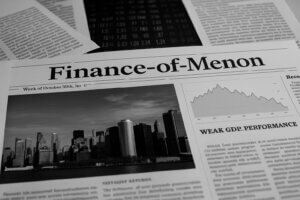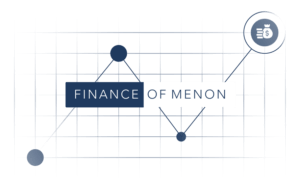Japan’s stock market saw a 3% decline, not due to the usual culprit of the yen carry trade, but rather a shortfall in economic expectations. The country’s GDP grew at a healthy 2.9%, but this figure fell short of the market’s anticipated 3.2%. This disappointment in growth projections likely triggered the sell-off, highlighting how even solid economic performance can fail to meet the high expectations of investors. The market reaction underscores the delicate balance between economic fundamentals and investor sentiment, especially in a period of heightened global volatility.
It looks like Japan’s stock market decline reflects the sensitivity of markets to growth expectations, even when economic performance is positive. When actual GDP growth falls short of expectations, it can lead to sell-offs, as seen with the Nikkei.
The shift towards US equities suggests investors are looking for more stability or higher returns elsewhere, possibly driven by better performance or more attractive valuation in the US market. This movement also underscores the broader trend of global investors seeking safe havens or perceived opportunities in different regions amid uncertain global economic conditions.
The interplay between economic indicators and investor sentiment is crucial, especially when global volatility is high. How do you see this impacting broader investment strategies or market trends in the near term? At Finomenon Investments, we talk about the risk of overvaluation in this blog when investor expectations are not moderated.
The markets have a way to humble you!
Disclaimer: Nothing here should be considered an investment advice. All investment carry risks, including possible loss of principal and fluctuation in value. Finomenon Investments LLC cannot guarantee future financial results.






